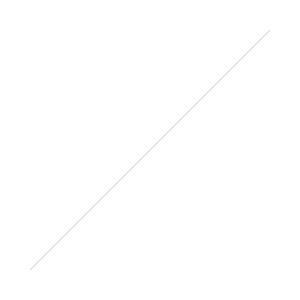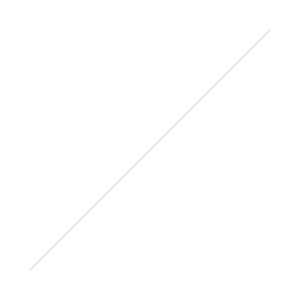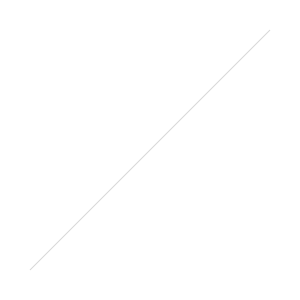
I've come to realize that having high expectations is not a bad thing. It forces me to demand more of myself both creatively, physically, spiritually, and mentally. Pushing beyond what you're comfortable with, or farther than you've been willing to go before is rarely easy, but almost always worth it.
The trouble with a mindset or desire of going beyond your prior limits is the fear of failure. In fact, failure is inevitable. This is where having high expectations can really stifle your creativity. Like the unemployed guy who is always holding out for a management position, you can be always aspiring for something you haven't earned. Creativity, problem solving, new ideas, innovation all require countless amounts of failure. The failure isn't for nothing though, it's there to be your friend by showing you won't work on your path to the right solution. Failure is the friend we all need but no one wants to listen to.
Let's be honest though, failure sucks. It's discouraging, frustrating, and deflating. So how do we continue on this cycle of failed attempts always striving for the hope of success without losing our minds and just giving up?
Tolerance of frustration.
It's easier to give up. It's easier to quit, to do nothing, to just lay back on the couch and watch another episode of The Office on Netflix. Is that 24 minutes really going to be fulfilling or is that just what we choose to prevent ourselves from the hard work demanded by things that matter?
We have to learn to tolerate frustration. Many choose to lower expectations and be content with a bunt, but while there are places that compromise is essential, it can't be a way of life. If we're able to raise our frustration tolerance we can learn to really roll with the punches. We must strive to become more aware and in control of our ability to deal with things wisely when they don't go as planned. Seek positive reactionarism.
Because frankly, lots of people who are less qualified, less educated, less resourced, with less free time, and who are less intelligent than you (and me) have figured out how to do things beyond what we've done. It's not because they have a magic potion, it's because they can tolerate the failures that will inevitably come, because they know it's a part of the process of getting to the answer the desire. It's not what you have, but how you use it.
Keep trying, don't give up. Learn to be in control of your frustration and become tolerant of the inevitable changing of course in any problem. Expect to fail and value the lessons that failure teaches, don't just count them as waste. You're going to fall down, but as long as you get back up and try again you're not letting failure rule you. Failure is your most honest friend, you just have to be willing to hear him out.







